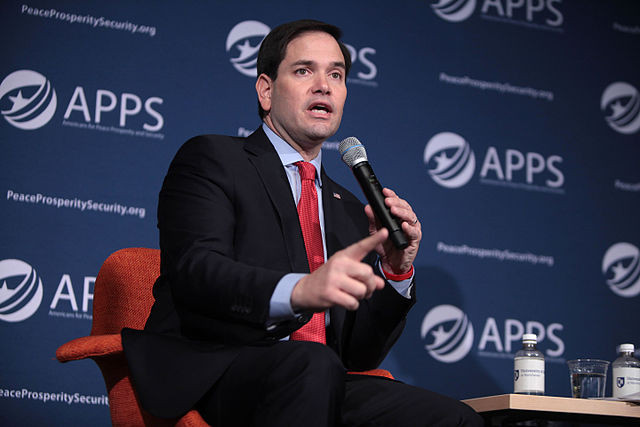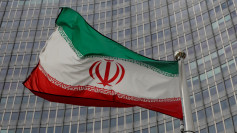The Trump administration sharply criticized a move by the United Kingdom and four allies to impose sanctions on two Israeli Cabinet ministers, calling the action a threat to diplomatic efforts in Gaza and a misalignment with U.S. policy. The sanctions target Israeli Finance Minister Bezalel Smotrich and National Security Minister Itamar Ben Gvir for their rhetoric and actions in the occupied West Bank.
"These sanctions do not advance U.S.-led efforts to achieve a ceasefire, bring all hostages home, and end the war," Secretary of State Marco Rubio said Tuesday night. "We remind our partners not to forget who the real enemy is. The United States urges the reversal of the sanctions and stands shoulder-to-shoulder with Israel."
The U.K., Canada, Australia, New Zealand and Norway announced asset freezes and travel bans against Smotrich and Ben Gvir, accusing them of inciting extremist violence and serious abuses of Palestinian human rights. In a joint statement, the five nations said, "Itamar Ben-Gvir and Bezalel Smotrich have incited extremist violence... advocating the forced displacement of Palestinians and the creation of new Israeli settlements is appalling and dangerous."
The sanctions mark a deepening divide between the U.S. and some of its closest allies over how to respond to Israel's conduct during the ongoing conflict in Gaza and the West Bank. U.S. Ambassador to Israel Mike Huckabee labeled the sanctions "an incredible overreach" and said the U.S. "would have responded appropriately."
Israeli Foreign Minister Gideon Sa'ar said the government would meet next week to determine a response. "It is outrageous that elected representatives and members of the government are subjected to this kind of measure," Sa'ar stated.
Ben Gvir responded defiantly, saying, "The sanctions do not scare me. I will continue to act for our country, for our people." Smotrich, speaking at a settlement inauguration in the West Bank, said, "There couldn't be better timing than this," and added, "Britain already tried once to prevent us from settling the cradle of our homeland, and we will not let it happen again."
The ministers play key roles in Prime Minister Benjamin Netanyahu's governing coalition. Ben Gvir, who leads the Jewish Power party, has previously called for the "voluntary migration" of Palestinians from Gaza and opposes humanitarian aid deliveries. Smotrich, head of the Religious Zionism party, supports the annexation of West Bank settlements and has advocated for Gaza to be "destroyed."
The foreign ministers of the sanctioning countries emphasized that their action "does not deviate from our unwavering support for Israel's security," and reiterated condemnation of the October 7 Hamas attacks. However, they stated that Smotrich and Ben Gvir's conduct undermines Israel's own security and international standing.
Last month, U.K. Foreign Secretary David Lammy criticized Smotrich's Gaza statements as "extremism" and "monstrous," adding that such remarks jeopardize the credibility of the Israeli government. At the time, the U.K. paused trade talks with Israel and sanctioned several West Bank settlers but stopped short of targeting Cabinet officials.
Ben Gvir temporarily left Netanyahu's government in January over the ceasefire in Gaza and returned in March after the war resumed.






